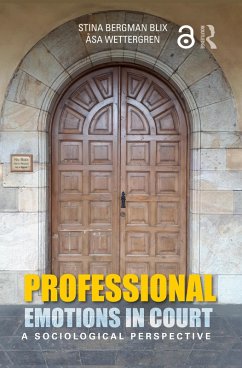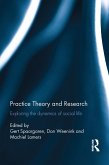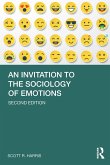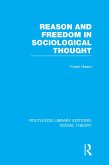A demonstration of the false dichotomy between emotion and reason that lies behind the assumption of a judicial system that operates rationally and without emotion, Professional Emotions in Court reveals how this assumption shapes professionals' perceptions and performance of their work, but hampers emotional reflexivity, and questions whether the judicial system might gain in legitimacy if the role of emotional processes were recognized and reflected upon.
Dieser Download kann aus rechtlichen Gründen nur mit Rechnungsadresse in A, B, BG, CY, CZ, D, DK, EW, E, FIN, F, GR, HR, H, IRL, I, LT, L, LR, M, NL, PL, P, R, S, SLO, SK ausgeliefert werden.
"Professional Emotions in Court offers a lucid and important reconceptualization of the legal notion of objectivity. The authors place their extensive interview and observational data in a legal and sociological framework, illustrating the ways in which implicit rules and assumptions about emotion shape the behavior and the decisions of prosecutors and judges. This is a rigorous look at a fascinating subject, with implications for both common law and civil legal systems." - Susan A. Bandes, DePaul University College of Law, USA.
"[...] the book offers a substantial contribution to a growing field of studies concerning emotion and the law. With its rich data and the authors' sociological eye for detail, the study reveals the importance of judges' and prosecutors' emotion management practices and will be a must-read for years to come." - Malin Åkerström, Symbolic Interaction.
"While the Swedish judge with their stone face may seem a million miles away from the American judge who sheds tears in court then hugs a defendant, much can be learned about emotions across a range of justice contexts by adopting the approach taken by Bergman Blix and Wettergren. Their analysis reveals the inner workings of background emotions for Swedish legal professionals. However, it raises somewhat more universal questions about the tensions between lay and professional emotions and frames, the relationship between background and foreground emotions, and the limits of the emotive-cognitive judicial frame. This book can and should generate a broader discussion about emotions in legal settings." - Meredith Rossner, Journal of Law and Society.









